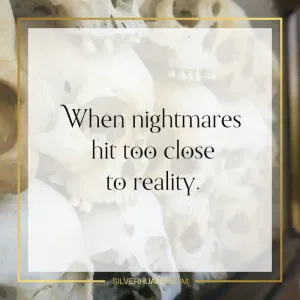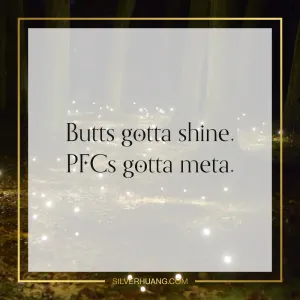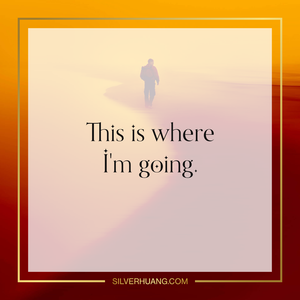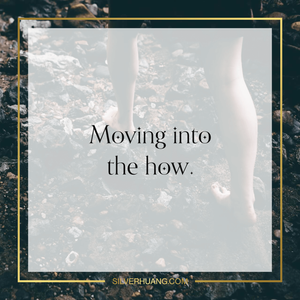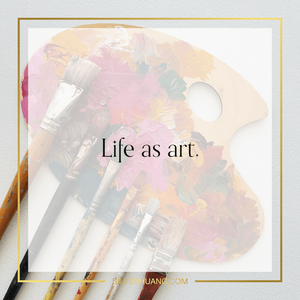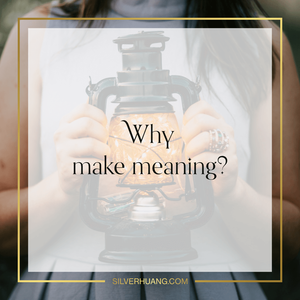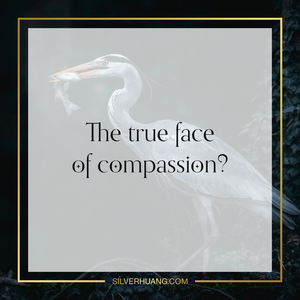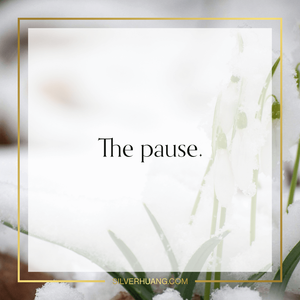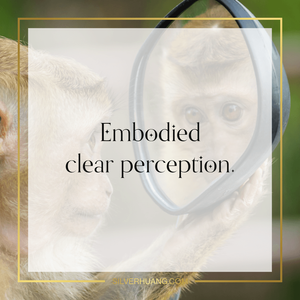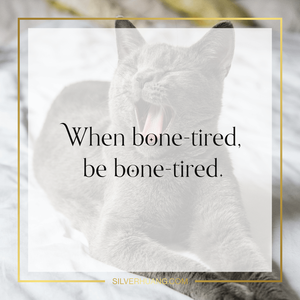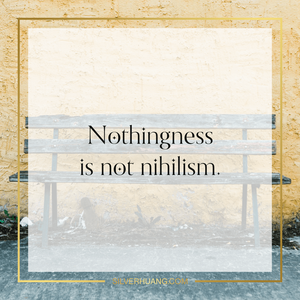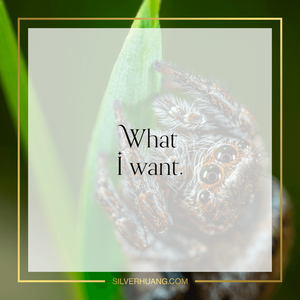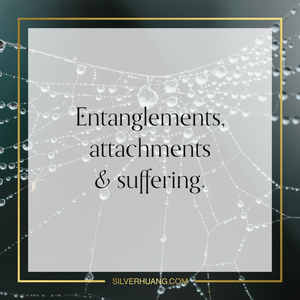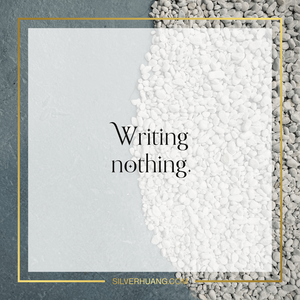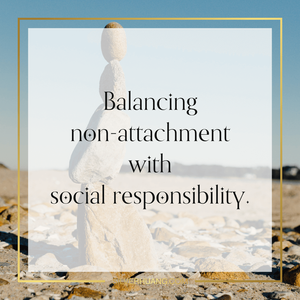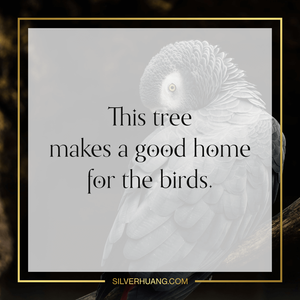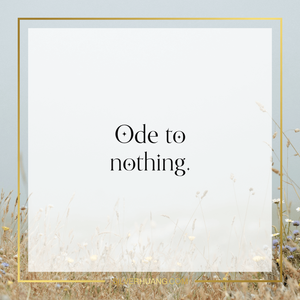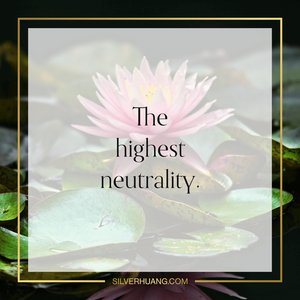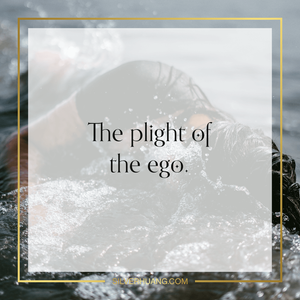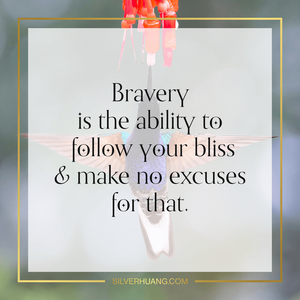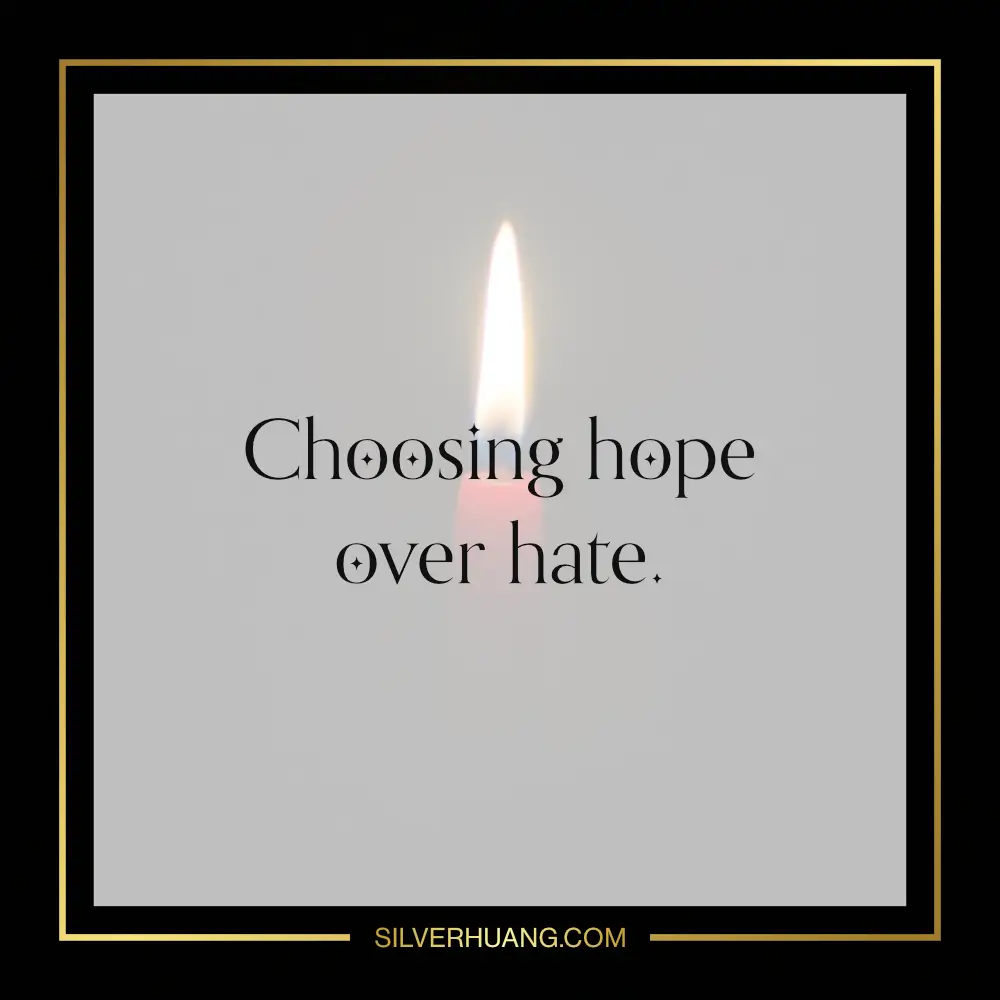
Choosing hope over hate.
I follow Justin Cox, a writer who writes about writing, and recently, he published two articles on the recent events in the United States.
In his first article Empire Strikes Back Isn’t the End of the Series, he finished with:
Despite all of this, I still have hope for our country. The Empire is striking back, but the Rebellion isn’t done. A brighter future is possible — one where we care for each other rather than only focusing on ourselves. A future where tyranny is put to bed once and for all.
I honestly don’t know what the next steps are yet, but I do know that the Empire never wins.
Then, last week, he followed up with:
Hope is Divisive
Two weeks ago, I wrote that the Empire Strikes Back isn’t the end of the story. I explored my post-election feelings and focused on hope, one of my core beliefs.
The newsletter led to some of the most email replies I’ve ever had. Not only was I called “delusional,” but I also lost 9% of my paid subscribers. Which, yikes.
Strange as it may seem to say, his words affirmed something I'd been sensing and feeling over the past month. It validated something I've observed while checking out left-leaning political content and lurking in the comments sections.
- Folks want to hate,
- Folks are responding to divisiveness with divisiveness, and seemingly, most of all,
- Folks don't want to hope.
You know what? I get that. I truly do.
- Hate is certain... and easy.
- Hope is uncertain... and hard.
What few people in my life today know is that just a handful of decades ago, I was a full blown misanthropist. Trust me, anyone from my teens and 20s reading my content today will laugh themselves dead, asking, "Since when did she give a fuck about people?"
I hated humanity once upon a time. I lived by Agent Smith's words:
Human beings are a disease, a cancer of this planet.
It is easy to hate. I say this as someone who voluntarily spent decades marinated in that stuff. As a result, I know hate when I see it.
- Outright, blatant hate is child's play to spot and judge.
- Subtle, sublimated hate, however, is still hate, even and especially from folks who insist they are not engaging in hateful behaviour.
I don't choose hope because it's easy. I choose hope because I'm fighting every moment of everyday not to give into the ease of hate. Because deep within me, hate lives on, raging like a chained beast.
Misanthropy is my poison, but for someone else, it may be something else. It may be:
- Misogyny or misandry,
- Racism,
- Anti-LGBTQIA and anti-transgender,
- Ableism,
- Religious,
- Political,
- And the list goes on.
Hate is hate.
I visit my hate, every day, in that ugliest corner of my soul. I walk that long staircase down into the darkness and sit, inches away from its slobbering maw, as it strains against its containment; wanting to kill me, wanting to kill everything.
I do this to remind myself of what I'm choosing against.
Because, sometimes, in life, you need to know what you are choosing against so you can know what you are choosing and standing for.
I have many reasons to hate as a marginalized person, and all of these reasons are easy to justify, and to find evidence for.
The more legitimate the reason, the easier to justify hate. That's how easy it is to hate.
Hate is a fucking slippery slope and a bad habit—addiction, even—that needs breaking.
Ask any ex-smoker if they fight not to smoke every day? That's how fighting hate feels like inside myself. This may not apply to everyone, but I firmly believe that for many of us, denying how hard this is, is denying the hate that lives within ourselves.
To hate is human. We cannot deny that. There is simply too much evidence for it at this point, all throughout human history.
However, that doesn't mean we need to:
- Give into it, and
- Live it.
We have a unique prefrontal cortext that gives us the ability for:
- Choice, and
- Presence.
We can:
- Choose to accept the presence of hate in ourselves, while also
- Choose to deny its siren call to act on and act out its impulses.
Why?
Because hate goes nowhere, and denial of hate only helps it fester deep inside in far worse ways.
I get that many of us are drowning in hopelessness and despair at this moment. Even more lives are now at risk, when too many were already at risk before.
I get that many of us are angry that we didn't get the outcome we wanted: A more humane leader at the head of one of the most powerful countries in the world. But let's face it, this election would never have solved the problem anyway, because the problem is far bigger than any one election in any one country.
I get that people want someone to blame. Blame the right. Blame the left.
But guess what: Blame is often where hate begins in a collective context.
This is going to be a hard time for anyone who has never before gone into the darkest depths of themselves to face their truly ugliest sides.
For, without familiarity of our darkest sides, it's going to come out at the darkest, most terrible, times, because that's just what it does.
I mean, Yoda said it best, right?
Fear is the path to the dark side. Fear leads to anger. Anger leads to hate. Hate leads to suffering.
Anyway, I'm going to start trying to wrap up my longer posts with some key take-aways and questions. Here's today's:
- To hate is human. If you don't think you hate, you probably do so in subtle, sublimated ways that you justify. Where do you indulge in such subtle, sublimated hate in your life? How can you practice choosing otherwise?
- We're not choosing hope because it's easy or guaranteed, but we each have different reasons. Some of us receive our reasons, others construct it; we all have to find it. If you struggle to find hope, start by asking why you fear it?
